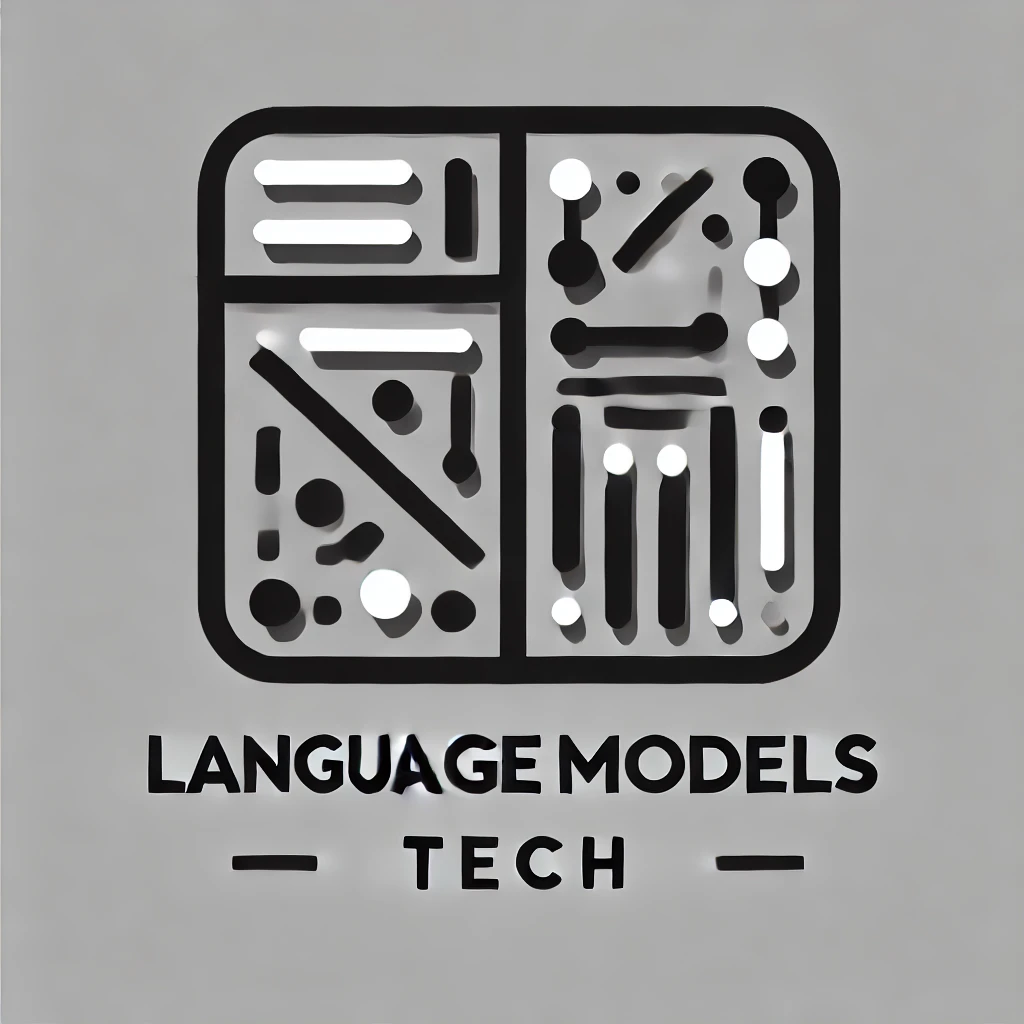176 reads
ICPL Baseline Methods: Disagreement Sampling and PrefPPO for Reward Learning
by
December 3rd, 2024
Audio Presented by

Large Language Models (LLMs) ushered in a technological revolution. We breakdown how the most important models work.
Story's Credibility

About Author
Large Language Models (LLMs) ushered in a technological revolution. We breakdown how the most important models work.
